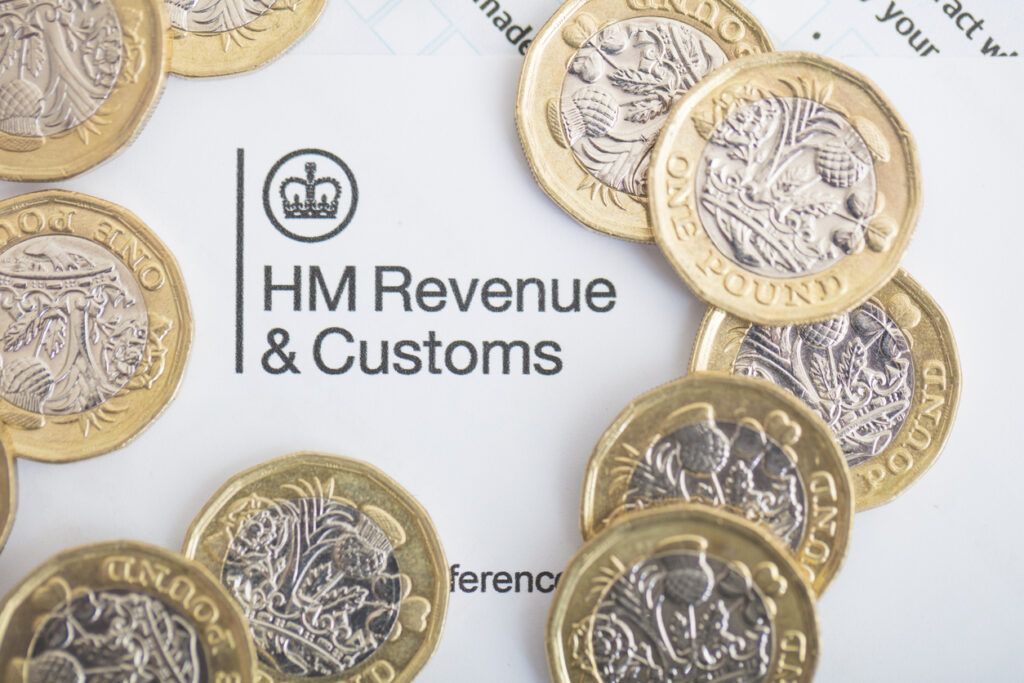Fortunately, most people in the UK pay all their tax ‘at source’, for example, through Pay As You Earn (PAYE) if they are employed or have pensions, and are not required to file a tax return. Self Assessment therefore does not affect everyone.
What is Self Assessment (SA)?
Self Assessment is not a tax – it is a way of paying tax.
The idea of Self Assessment is that you are responsible for completing a tax return each year if you need to, and for paying any tax due for that tax year. It is your responsibility to tell HM Revenue & Customs (HMRC) if you think you need to complete a tax return.
If you complete a Self Assessment tax return, you include all your taxable income, and any capital gains. You also claim any tax allowances or reliefs that you are entitled to on the tax return.
You send the form to HMRC either on paper or online. The information on the tax return is used to calculate your tax liability. This process is called Self Assessment.
If you are in Self Assessment, you must complete a tax return (known as a SA100) each year, on which you need to show your income and capital gains, and claim allowances and reliefs. We explain how this might apply to you.
You will normally only need to complete a form if one or more of the following apply to you:
- You are working for yourself – you are self-employed;
- You are a partner in a partnership business;
- You are a minister of religion – any faith or denomination;
- You are a trustee or the executor of an estate;
- You have property income.
You also might need to complete a Self Assessment tax return if:
- You are a company director, if you have income that is not taxed under PAYE;
- You have untaxed income. This could be, for example, interest that is not taxed before it is paid to you or rental income. If you are an employee or a pensioner and the income (profit) is less than £2,500 a year you might not have to complete a tax return but it is still your responsibility to report such income by contacting HMRC. If you receive other untaxed income and the tax due on it cannot be collected via your PAYE coding notice you will need to complete a tax return;
- You receive regular annual income from a trust or settlement, or you receive income from the estate of a deceased person and further tax is due;
- You have taxable foreign income whether or not you are resident in the UK. This includes non-UK resident landlords.
- You have income from savings and investments of £10,000 or more before tax;
- You have annual income of £100,000 or more before tax;
- You or your partner receive child benefit and your income is over £50,000. This is because of the high income child benefit charge;
- You have tax due at the end of the year that cannot be collected via your PAYE coding notice in a later year;
- Your untaxed income is £2,500 or more – but if you are a pensioner you may be able to pay your tax through your PAYE Coding Notice;
- Your claims for expenses are £2,500 or more;
- You have capital gains where:
-
- You have given away or sold assets worth £49,200 or more for 2020/21; or
- You have a capital loss but your gains net of any losses are more than the annual exemption for 2020/21 of £12,300; or
- You have no losses to claim but your gains are more than the annual exemption for 2020/21 of £12,300; or
- You need to make any other capital gains tax claim or election for the year.
HMRC may also want you to complete a return for other reasons.
Submission deadlines
If you have to file a Self Assessment tax return, you normally have:
- until 31 October to do so, if you choose to submit a paper tax return;
- or until the following 31 January if you file online.
This means you have an additional three months for online filing compared with paper.
If you have a requirement to prepare a Tax Return, here at F9 we have personal tax experts on hand who can assist you through the process from start to finish and give you that comfort that you are paying the correct amount of tax.
Please do not hesitate to get in contact with us to discuss your requirements.


















